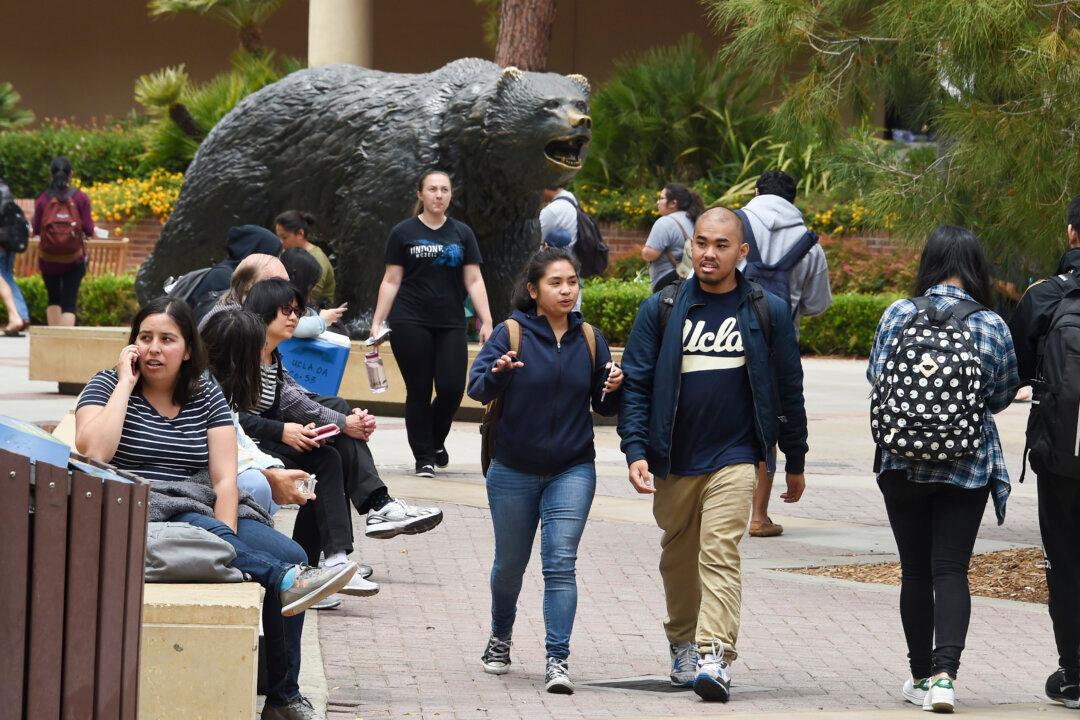WASHINGTON—The People’s Republic of China and other hostile powers are exploiting the United States’ international student visa policies to conduct industrial and military espionage against U.S. targets, according to a panel discussion at the National Press Club in Washington on Aug. 20.
Temporary visitors to the United States can get visas for 90 days or six months, but foreign students and research scholars can stay six to eight years and operate undisturbed in America’s most open environment—namely, its institutions of higher learning—said Dan Cadman, a fellow at the Center for Immigration Studies (CIS), a nonpartisan think tank.





